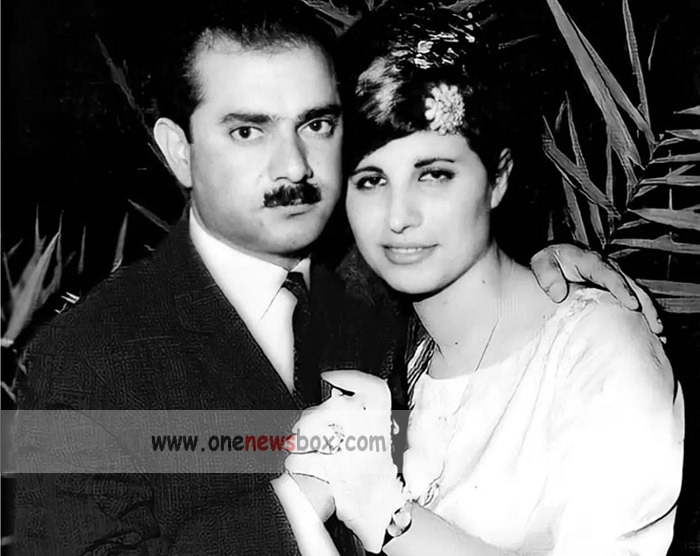Nasser Masoudi was born on 6 Farvardin 1314 (March 26, 1935) in the historic Sayqlan neighborhood of Rasht, a quarter known for its bustling traditional life and deep musical heritage. Tragedy entered his life early. When he was only three years old, his father passed away, and the responsibility of holding the family together fell upon his elder sister, who worked as a secretary in the Department of Education. She became both breadwinner and guardian to Nasser, his mother, and his four siblings.
At the age of six, Nasser’s childhood was shaken by the chaos of World War II. Soviet Red Army columns entered Bandar Pahlavi (now Anzali) and Rasht via Astara, while British forces occupied Iran from the south and west. The Iranian army was disbanded, and under intense Allied pressure, Reza Shah abdicated the throne. For Masoudi, these were years he would later describe in interviews as a time of “confused conditions”—a prolonged era of uncertainty before social stability could be restored.
Despite hardship, music entered his life almost mystically through his mother’s voice. One of the earliest songs she taught him was the haunting Gilaki lament: “Tara Gama, Mirza Kuchak Khana”, a folk elegy dedicated to the revolutionary hero Mirza Kuchak Khan. The lyrics, sung in the plains of Gilan with mourning voices, reflected both resistance and longing:
“How long do you sleep in the jungle for the people?
Aren’t you tired, my dear soul?
I am speaking of you, Mirza Kuchak Khan…”

